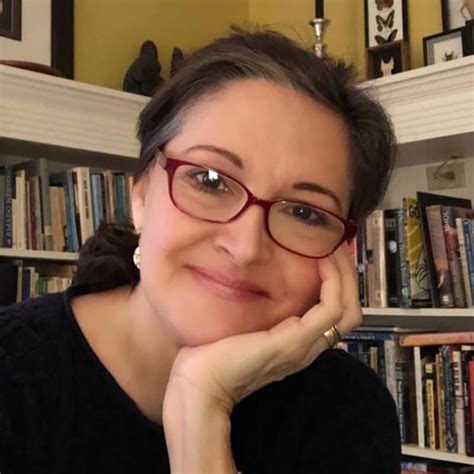A Quote by J. M. G. Le Clezio
I don't have any office; I can write everywhere. So, I put a piece of paper on the table, and then I travel. Literally, writing for me is like travelling. It's getting out of myself and living another life - maybe a better life.
Related Quotes
I don't go to an office, so I write at home. I like to write in the morning, if possible; that's when my mind is freshest. I might write for a couple of hours, and then I head out to have lunch and read the paper. Then I write for a little bit longer if I can, then probably go to the library or make some phone calls. Every day is a little bit different. I'm not highly routinized, so I spend a lot of time wandering around New York City with my laptop in my bag, wondering where I'm going to end up next. It's a fairly idyllic life for someone who likes writing.
I keep a journal. I like myself better when I just pour it out. It's easier sometimes, even if you write on a piece of paper and then tear it up, just to vent it out. Because in the past I have sometimes used interviews as therapy, and then I've regretted it because I'm going, "Wait a second, that is not for the world to know. That's for me to know."
The minute you finish a piece of writing it doesn't belong to you, you don't write it any more, it belongs to you, the reader, the listener, the audience. So the less you know about whether or not this is me talking about my life or this is me talking about your life, I think the better. Then it can belong to you and it can live outside of the moment in which it was conceived.
Another thing about creation is that every day it is like it gave birth, and it's always kind of an innocent and refreshing. So it's always virginal to me, and it's always a surprise. ... Each piece seems to have a life of its own. Every little piece or every big piece that I make becomes a very living thing to me, very living. I could make a million pieces; the next piece gives me a whole new thing. It is a new center. Life is total at that particular time. And that's why it's right. That reaffirms my life.
Writing sustains me. But wouldn’t it be better to say it sustains this kind of life? Which doesn't mean life is any better when I don’t write. On the contrary, it is far worse, wholly unbearable, and inevitably ends in madness. This is, of course, only on the assumption that I am a writer even when I don’t write - which is indeed the case; and a non-writing writer is, in fact, a monster courting insanity.
As writers we live life twice, like a cow that eats its food once and then regurgitates it to chew and digest it again. We have a second chance at biting into our experience and examining it. ...This is our life and it's not going to last forever. There isn't time to talk about someday writing that short story or poem or novel. Slow down now, touch what is around you, and out of care and compassion for each moment and detail, put pen to paper and begin to write.
It’s better to think of my life like that— part miracle, part madness. It’s better if I accept that I can’t control any of the things that matter. My life is a trail of shipwrecks and set-sails. There are no arrivals, no destinations; there are only sandbanks and shipwreck; then another boat, another tide.
Yes, I get dry spells. Sometimes I can't turn out a thing for three months. When one of those spells comes on I quit trying to work and go out and see something of life. You can't write a story that's got any life in it by sitting at a writing table and thinking. You've got to get out into the streets, into the crowds, talk with people, and feel the rush and throb of real life-that's the stimulant for a story writer.






































